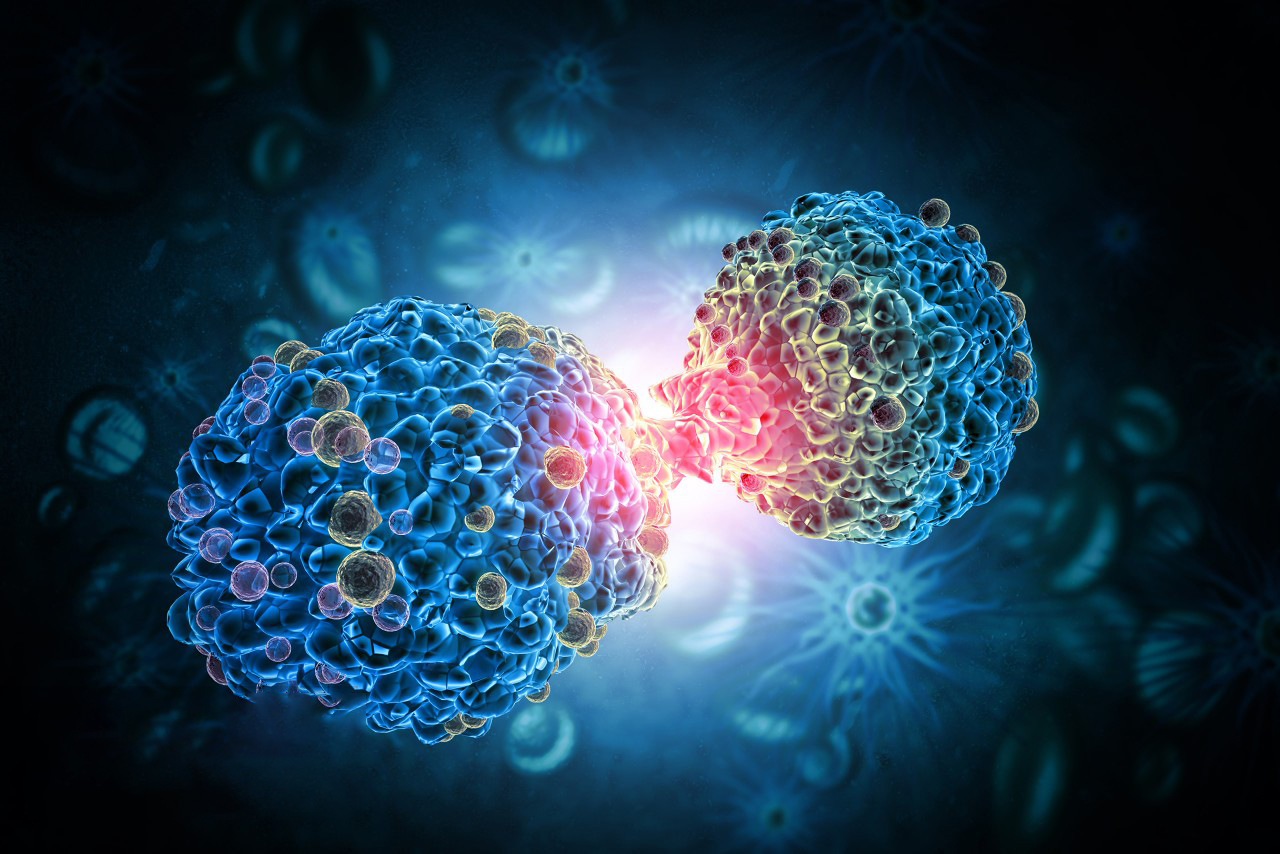2-Deoxy-D-Ribose is a sugar that plays a key role as a structural component of DNA. It differs from D-ribose by lacking a hydroxyl (-OH) group at the 2′ position, making it more stable and less reactive.
Potential Uses & Benefits of 2-Deoxy-D-Ribose Supplements
While D-Ribose is commonly used as a supplement for energy production (e.g., for chronic fatigue syndrome, fibromyalgia, and heart disease), 2-Deoxy-D-Ribose is not widely recognized as a supplement. However, some research has explored its roles in various biological functions:
- Anti-Cancer Research – Some studies suggest that 2-Deoxy-D-Ribose may interfere with cancer cell metabolism by disrupting glycolysis, making it a potential candidate for cancer treatment.
- Cellular Stress and Apoptosis – It has been implicated in cell signaling pathways that influence apoptosis (programmed cell death).
- Potential Anti-Aging Effects – There is some interest in its effects on DNA repair mechanisms and oxidative stress, though research is limited.

Risks & Side Effects
- Pro-Oxidative Effects: 2-Deoxy-D-Ribose has been linked to oxidative stress and apoptosis, which could be harmful if not properly regulated.
- DNA Damage Potential: Since it’s directly involved in DNA synthesis and repair, excess amounts might have mutagenic or cytotoxic effects.
- Limited Research: Unlike D-ribose, 2-Deoxy-D-Ribose supplementation is not well-documented for safety or long-term effects.
Alternative Supplements
If you’re looking for energy-boosting or cellular health supplements, you might consider:
- D-Ribose (for ATP production and heart health)
- CoQ10 (for mitochondrial function)
- NAD+ Precursors (NR/NMN) (for cellular repair and longevity)

Availability
Currently, 2-Deoxy-D-Ribose is primarily used in research rather than as a mainstream dietary supplement. If you are considering its use, it’s best to consult with a healthcare professional.
Would you like help finding research studies or product sources?
